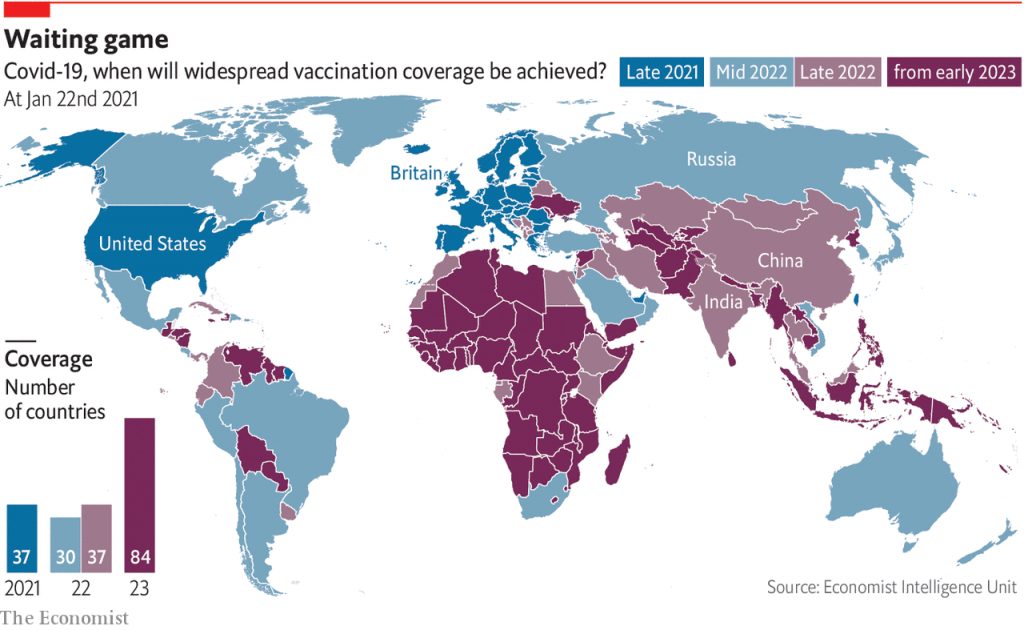Ethereum Co-Founder Exposes How Closed Systems Breed ’Abuse and Monopolies,’ Demands Open-Source Revolution in Critical Industries
Vitalik Buterin drops truth bomb on tech's toxic power dynamics.
The Warning Shot
Ethereum's visionary co-founder just declared war on proprietary systems, arguing they create playgrounds for corporate predators. Buterin's critique hits as major tech giants face mounting antitrust scrutiny worldwide.
Open Source or Bust
He's pushing for radical transparency in finance, healthcare, and infrastructure—sectors where closed code often masks unethical practices. The solution? Decentralized protocols that prevent single entities from controlling user data or manipulating systems.
Finance's Dirty Secret
Wall Street's legacy systems operate like black boxes—perfect for hiding fees and manipulating transactions. Buterin's framework would expose every algorithm, every transaction, every loophole that currently lets institutions profit from opacity.
The Bottom Line
Closed systems don't just limit innovation—they actively harm consumers while protecting monopolistic profits. As one crypto insider quipped, 'Bankers love proprietary tech like vampires love darkness—both thrive where transparency dies.'
Digital Infrastructure Threatens Individual Sovereignty
Buterin identified health technology as a critical battleground where proprietary systems could entrench global inequalities.
According to the blog post, the COVID vaccine distribution exposed these risks when production was concentrated in a few countries, resulting in massive disparities between wealthy and developing nations.

Closed-source vaccine manufacturing processes prevented equal access initiatives from scaling effectively.
Meanwhile, pharmaceutical companies’ opaque safety communications have contributed to widespread mistrust, which has extended into a rejection of established science.
Personal health tracking faces similar concerns as devices collect vastly more data than identification systems like Worldcoin.
When this infrastructure remains proprietary, large corporations gain exclusive access to build applications, while others face API limitations and the potential for service termination.
Security vulnerabilities compound these problems. Compromised health data enables blackmail over medical conditions, optimized insurance pricing extraction, and location tracking for physical threats.
Brain-computer interfaces raise the stakes further, with successful attacks potentially allowing hostile actors to read or manipulate thoughts.
Buterin’s proposed solution involves open-source biological monitoring equipment that communities can verify independently.
This includes personal medical devices, air quality sensors, and universal airborne disease detection systems that provide transparency about data collection and processing.
The approach extends to public surveillance systems where open-source, verifiable cameras and sensors could function like “” rather than creating comprehensive surveillance networks.
Legal frameworks WOULD guarantee the public’s right to inspect monitoring equipment randomly.
Centralized Control Undermines Democratic Innovation
Taking it a step further, Buterin believes that Civic technology faces similar centralization pressures that threaten democratic participation and local innovation.
Electronic voting systems have drawn criticism from security researchers for using proprietary “” that prevents public verification of vote-counting processes.
Real-world failures validate these concerns. Massachusetts courts invalidated large volumes of breathalyzer evidence after discovering state crime labs withheld information about widespread calibration problems.
The ruling emphasized that due process requires not only fairness but also a common understanding of fairness.
Buterin argued that technological efficiency gains will RENDER purely analog systems increasingly irrelevant as people bypass slower alternatives.
This creates pressure to develop secure, verifiable digital solutions rather than avoiding technology entirely.
Open-source civic systems would enable local experimentation with governance innovations, such as quadratic voting, citizens’ assemblies, and sortition-based decision-making.
Proprietary systems force communities to either convince companies to implement preferred features or rebuild from scratch.
Physical security presents additional challenges as drone warfare makes high-tech countermeasures necessary for national defense.
Proprietary security equipment creates opaque, centralized data collection, while open alternatives could limit information gathering to specific threats while deleting irrelevant data.
Buterin’s comprehensive vision includes secure personal devices, encrypted messaging with formal verification, blockchain-based finance with social recovery, and open-source satellite internet infrastructure.
He acknowledged that designing for verifiability imposes costs through reduced optimization opportunities and challenging business models, but argued these trade-offs remain manageable for high-security applications.

